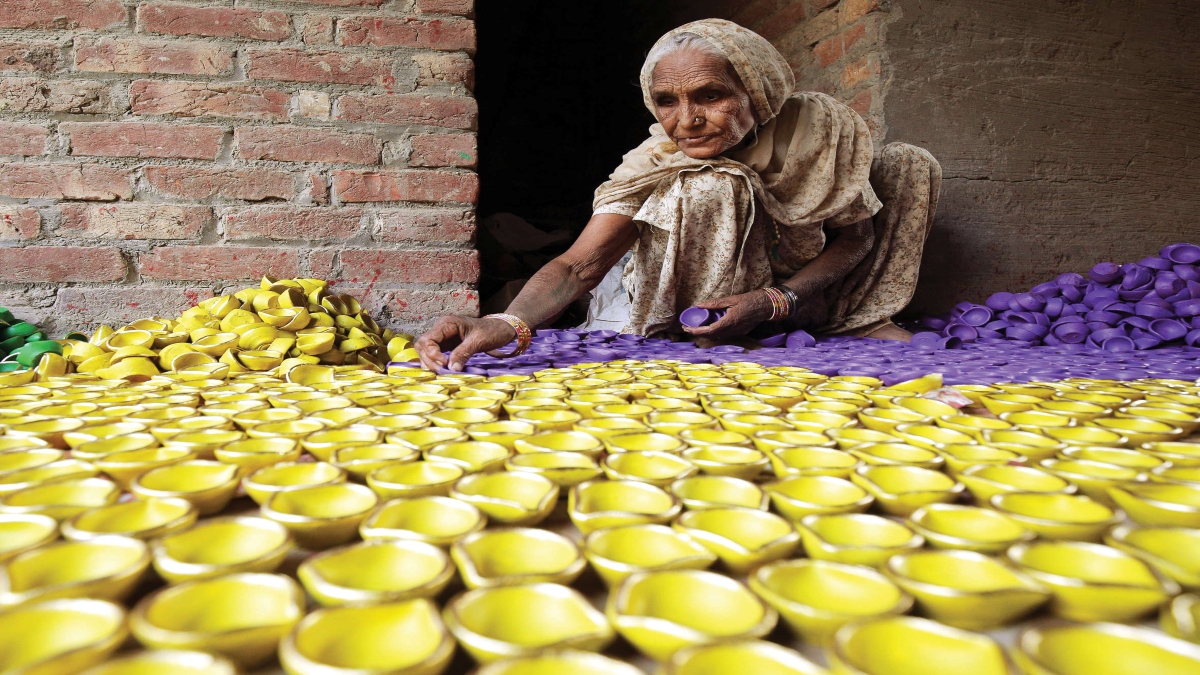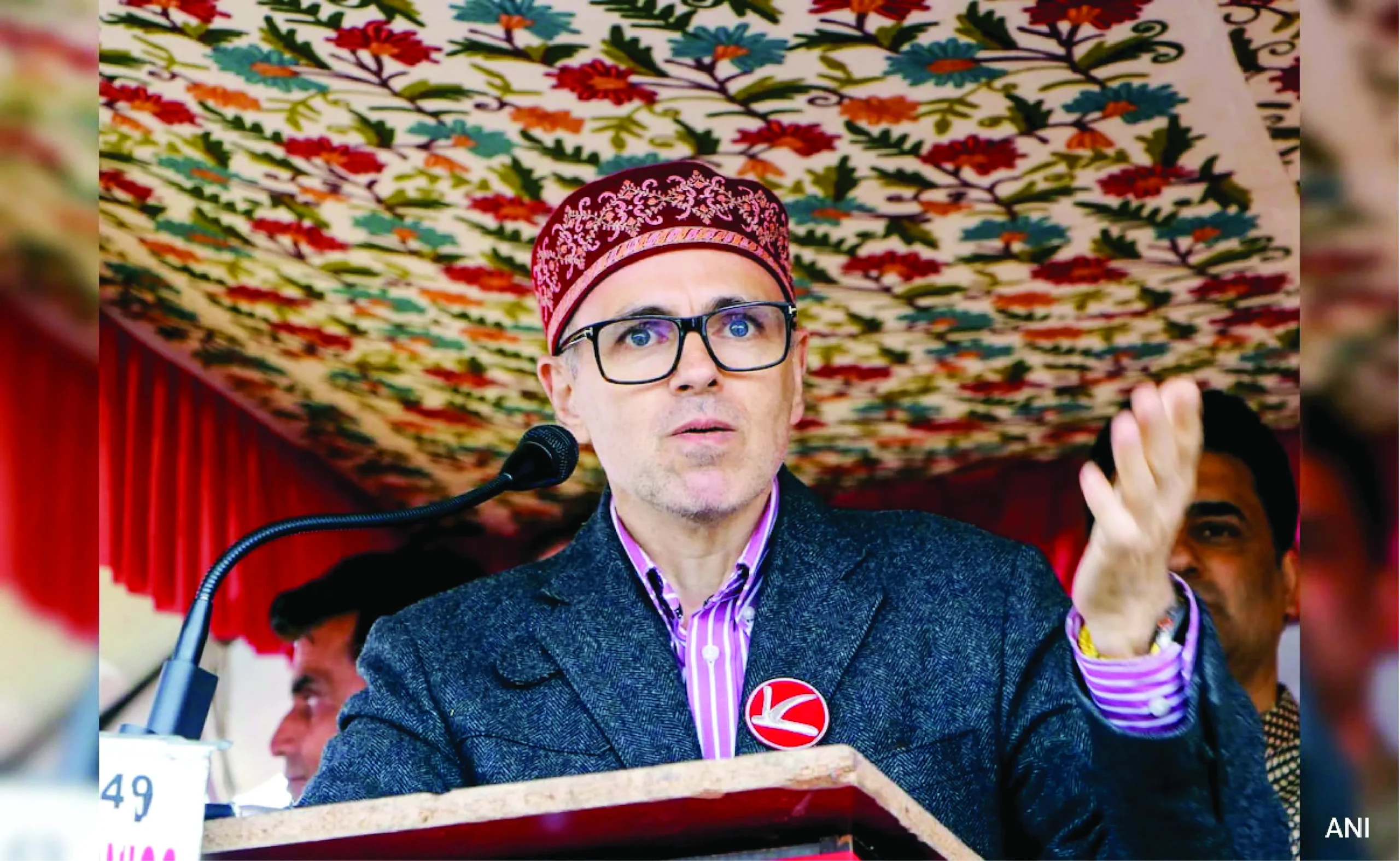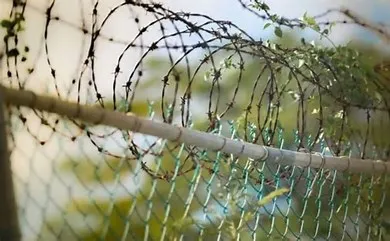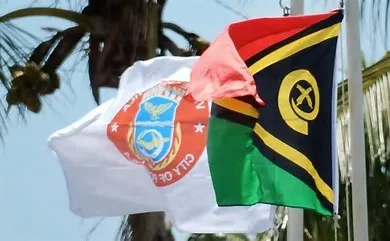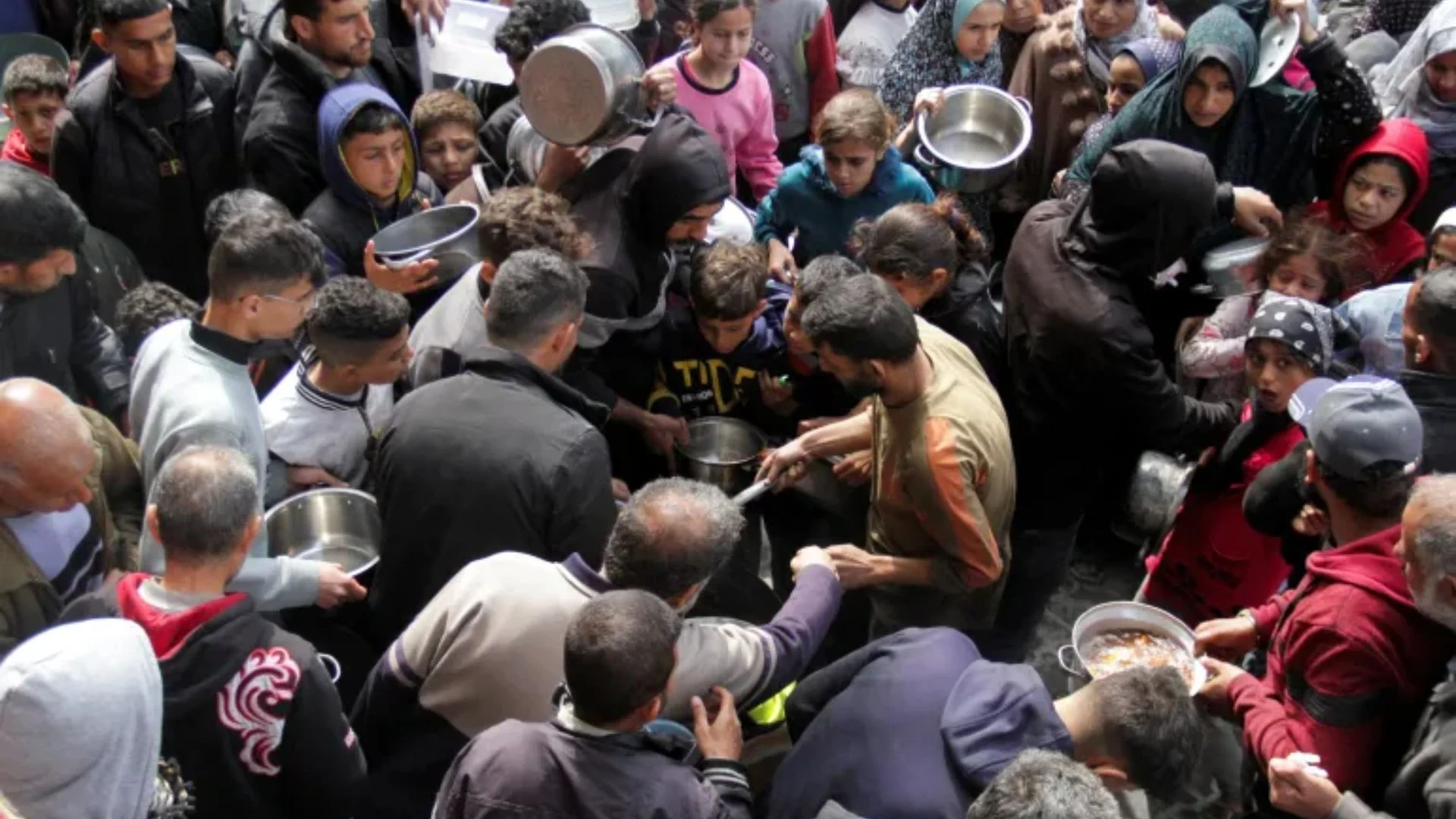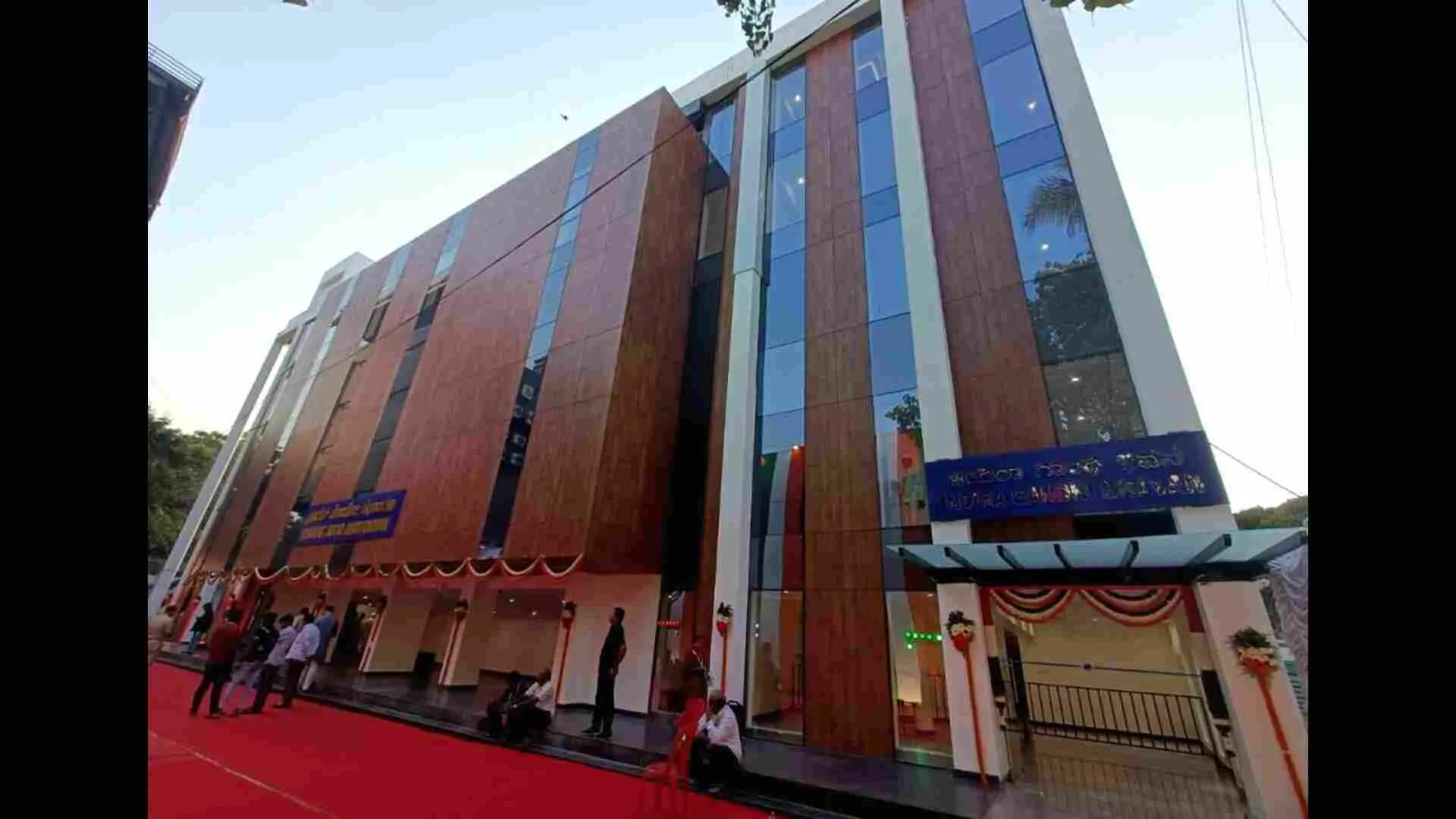Elderly women continue to face discrimination in our larger socio-cultural eco-system, with even the middle class and financially well-to-do households being among the perpetrators of injustice. Fighting the historical impact of patriarchy within the family structures too has also emerged as a major challenge in providing a dignified life to the elderly.
The overall sex ratio of the household population in India is 984 females per 1000 males, and that of the elderly population aged 60 and above is 1065. Longevity becomes a struggle and at times, a cause of daily humiliation by family members.
GAPS TO BE FILLED
Before we look at the solutions, let us look at the gaps that need to be filled to give older women a level playing field. The Longitudinal Study on Ageing in India (LASI) shows the basic inequality that is reflected in almost all aspects of their lives which includes lower levels of education or skill acquisition for any kind of self-sufficiency. It also says that 85% of the households in India are headed by males and 15% by females, adding that 36% of the elderly are “currently working”.
The gender ratio is that 50% of men compared with 22% of women are currently working. The proportion of elderly people aged 60 and above, who are currently working is higher in rural areas (40%) than in urban areas (26%). 38% of the elderly ‘ever worked’ and are ‘currently not working’.
EMPOWERMENT THROUGH SELF-HELP GROUPS
Amid the challenge thrown by the pandemic, horizontal integration in the form of an active role played by Elder-Self Help-Groups (ESHGs) can go a long way in finding socially acceptable and economically viable solutions.
Self-Help-Groups have been training women about new digital platforms and social media tools. The programmes should be extended further to new towns, cities, and villages for teaching basic computer software and skills like MS Word, Excel, e-mailing, uploading, and downloading of documents, net surfing, chatting, using smartphones and IPads, using WhatsApp, using internet banking, accessing YouTube, and surfing various government schemes related to their welfare.
LIVELIHOOD OPPORTUNITIES AND SOCIAL SECURITY
As per the latest United Nations Human Development Index Ranking of 2020, India is ranked 131st out of 189 countries. Only a quarter of people (24.1%) older than the statutory pensionable age in India receive an old-age pension (contributory, non-contributory, or both). Over time, there will be fewer and fewer working-age people to provide economic support during old age, with the old-age dependency ratio expected to double in the next few decades. This presents a need for the elderly to keep working and earning a living to survive. According to the NSO, only 33 percent of the elderly in rural areas and 36 percent in urban centres are economically independent, and the rest are dependent on their family members, either partially or in total. ([1] As per the PFRDA-CRISIL report 2019, India fares poorly, with around 12% of the labour force contributing to retirement pensions.
INSTITUTIONAL AND STATE RESPONSES
National and State Pension Schemes have been the mainstay of the institutional response over time. However, there is a marked difference and inadequacy in the amount of pension states have allocated for the elderly. Due to low literacy, and graft, the elderly face problems in getting the meagre support from getting subsidized food from the Targeted Public Distribution System (TPDS).
The Pradhan Mantri Shram Yogi Maandhan scheme is available to unorganised workers between 18 and 40 years of age, who will receive a monthly pension of INR 3000 after the age of 60, with an annual contribution not exceeding INR 2400.
The uptake of both these channels has not been significant, both due to low awareness and low literacy.
MORE CSR FUNDS SHOULD BE EARMARKED
To bridge this gap, CSR funds should be earmarked exclusively for elder care by corporates and more direct cooperation with civil society organisations (CSOs) working on the ground. Hitherto, there are interesting experiments-to-scale emerging from CSOs working in the agecare domain in rural areas.
Nearly 2,50,000 elderly people have benefited from these interventions, and like the adage goes, ‘Use a lamp to light another,” self-help groups for the elderly are being deployed to form more such groups. Its humble beginnings in tsunami-affected areas of Tamil Nadu have grown to include other aspirational districts, and its elder members are involved in a variety of activities such as planting trees, running horticulture and making fruit preserves, and so on. This ESHG model has also helped many women become financially independent.
NRLM WILL ASSIST 5 LAKH ELDERLY PEOPLE
The National Rural Livelihoods Mission (NRLM) has acknowledged non-governmental organization HelpAge India, as the technical support organization, for the inclusion of the elderly in the program and to mainstream the elderly in livelihoods. An estimated 5 lakh elderly people have been identified for support by NRLM.
In a significant departure, the Ministry of Social Justice & Empowerment has, in collaboration with industry and CSR, only recently unveiled programmes for skill upgradation to match the present-day requirements and re-employment of poor urban elderly. This “thinking outside the box” needs to be both encouraged in identifying appropriate avenues where the elderly can be gainfully engaged.
The writer is educated in Psychology from Calcutta University. She currently serves as Member and Vice-Chairperson on HelpAge India’s Governing Body. Views expressed are the writer’s personal.
CSR funds should be earmarked exclusively for elder care by corporates and more direct cooperation with civil society organisations (CSOs) working on the ground.

